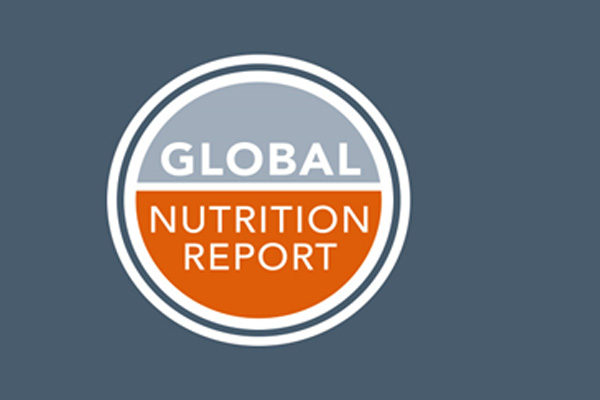Context:
Recently, the Access to Nutrition Initiative (ATNi) published the fifth edition of the Global Access to Nutrition report.
Key highlights of the report
\
This report, assessed 30 of the world’s largest food and beverage (F&B) manufacturers and 23% of the global F&B market on their performance to improve access to nutritious foods.

This report has found that leading food and beverage (F&B) companies, on average sell products that are less healthy in low-and-middle-income countries (LMICs) compared to what they sell in high-income countries (HICs).
- Example: In April 2024, it was found that Nestle’s baby food products sold in India as well as in African and Latin American countries, had higher sugar content compared to the same products sold in European markets.
The report analysed 52,414 products using a Health Star rating system out of which only 31% met the healthier threshold.
- Under this system products are ranked out of 5 on their healthiness, with 5 being the best, and a score above 3.5 considered to be a healthier choice.
The ATNi report revealed that ‘portfolio healthiness’ is lowest in low- and middle-income countries (LMICs), highlighting inequities in the range and quality of products available across global markets.
- As per the report products scored 1.8 in low-and-middle-income countries (LMICs) compared to 2.3 in high-income countries (HICs) on a health star rating system.
The system also assesses components of food considered to increase risk (energy, saturated fat, total sugars and sodium) and offsets these against components that are considered to decrease risk (protein, fibre and fruit, vegetable, nut and legume), to calculate a final score that is converted to a star rating.
Only 30% of companies have demonstrated a strategy to price some of their ‘healthier’ products affordably for lower-income consumers.
Significance for India
- NCD Crisis: India faces a growing burden of Non-Communicable Diseases (NCDs), with over 10.13 crore individuals having diabetes.
- Obesity Concerns: Obesity affects 24% of women and 23% of men (National Family Health Survey-5).
- Double Burden: Undernutrition, anaemia, and micronutrient deficiencies persist alongside NCDs.
- Dietary Impact: Unhealthy diets account for 56.4% of the disease burden (ICMR 2023 report).

